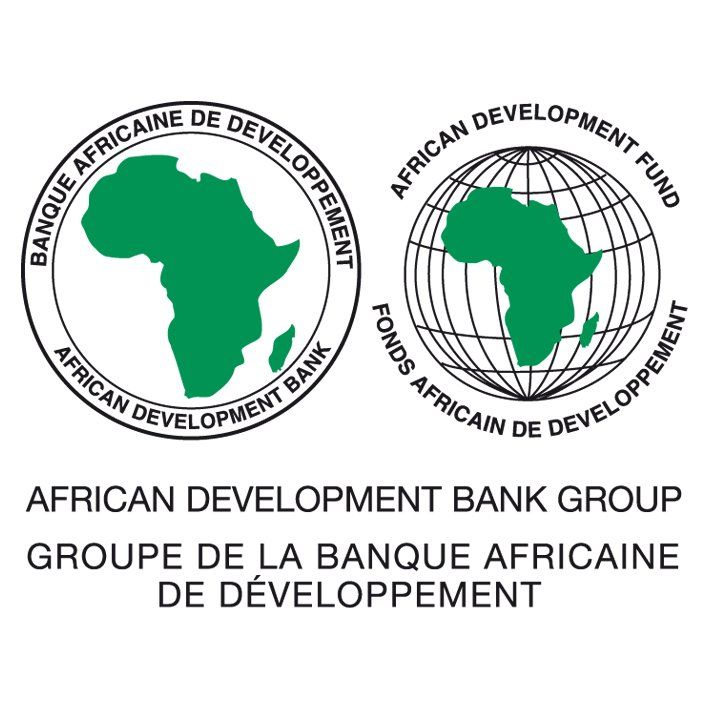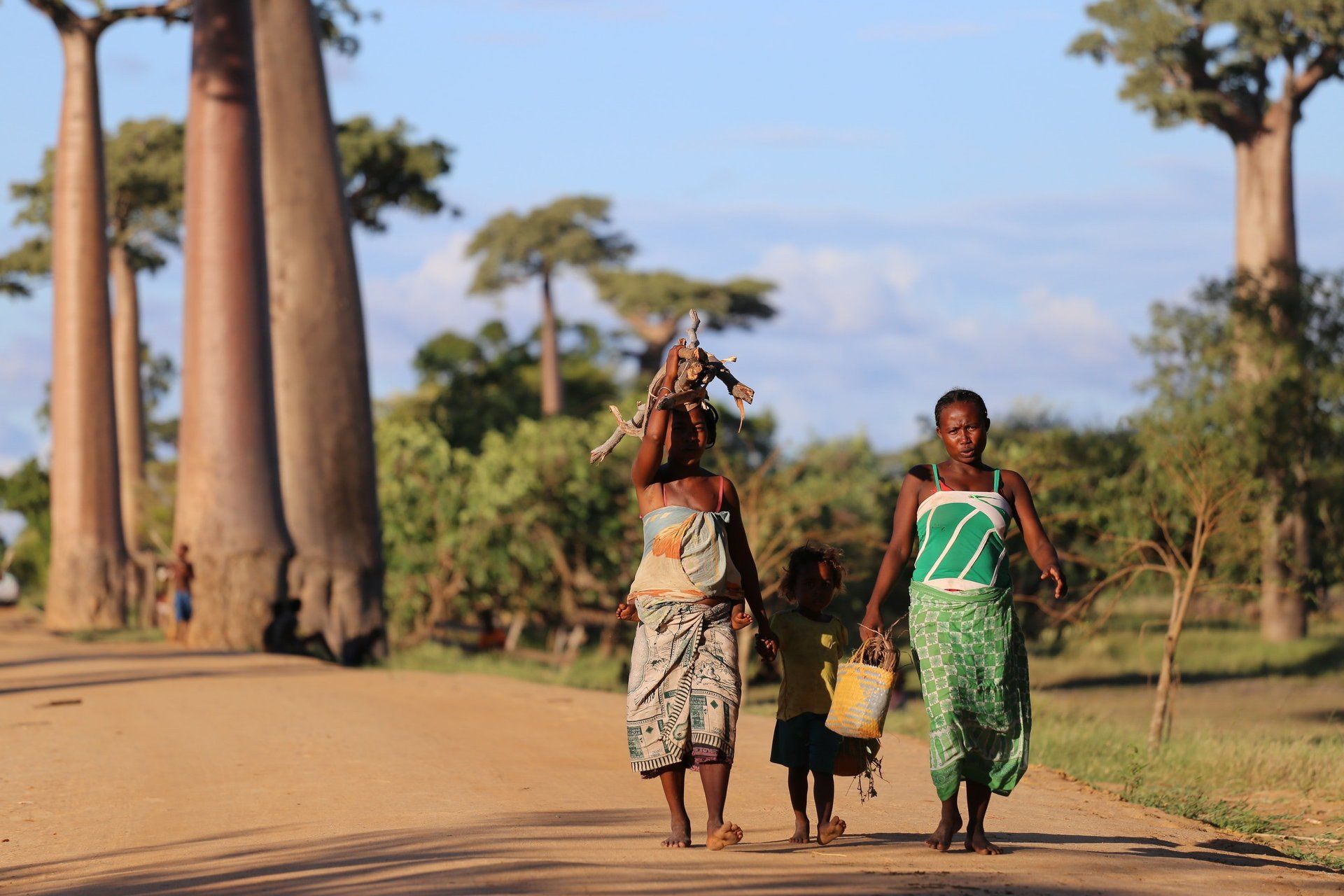
Building Resilience post-Covid-19 in London
Employment and Skills Strategy for Kingston Borough Council (2021)
OpenCities worked with CAF Consulting and officers in the London Borough of Kingston during 6 months in 2021 to develop an Employment and Skills Plan in response to the Covid-19 pandemic. The request by elected members of the Borough to develop this strategy came in response to what was already seen as the drastic impact of the pandemic on the borough’s economy. The plan was grounded in an evidence based analysis of the impact of the pandemic on the local economy. It found that:
• In RBK the total number of JSA or unemployment-related UC claimants almost tripled from 2,115 to 6,090 in the year ending November 2020. Most of these (68%) are seeking work in ‘Elementary Occupations’ – compared with less than 2% before COVID.
• The number of vacancies in RBK is estimated to have fallen from fell from 2,700 to 1,800. Hence, the ratio of job seekers to job vacancies has increased from 0.8 to 3.3. This ratio is likely to increase in coming months. Without a reduction in the ratio of job seekers to vacancies, the number of unemployed is unlikely to fall significantly in the short term.
• Many of those with elementary skills and sales and service backgrounds are likely to be from the Distribution, Hotels and Restaurants sectors. The number of vacancies matching RBK’S resident experience has fallen disproportionately because of RBK’s reliance on the DHR sector.
• Unemployment among BAME communities in June 2020 (7.2%) was more than twice the RBK average. Whilst unemployment has risen significantly for White ethnic groups, unemployment has also risen for BAME communities – most notably in the Chinese and other ethnic minority category. Hence, unemployment for BAME communities could be more than 10% currently. Efforts should be maintained such communities, as well as extending support to other traditionally non-vulnerable communities.
• Given that current jobseekers have predominantly come from the Distribution, Hotels, and Restaurants sector, and given high transport costs, it is likely that the majority of these individuals would have previously worked in south London and are probably limited to searching in the local area.
• RBK’s JSA claimants are - naturally - looking for work at their current skill level. With DHR shrinking, this means that job seekers with elementary skill levels must look to other sectors and/or upskill.
• RBK residents are employed (in order of scale) in i) banking and finance; ii) public administration, education and health; and iii) distribution, hotels and restaurants. Although employment in distribution and hospitality has shrunk it has held up in PA, health and education and grown in banking and finance.
The Plan’s recommendations focused on i) protecting the most vulnerable and ii) Strengthening cross-cutting policies and processes for Rebuilding Better. OpenCities and CAF Consulting presented the final plan to the elected members of the Council in November 2021.









